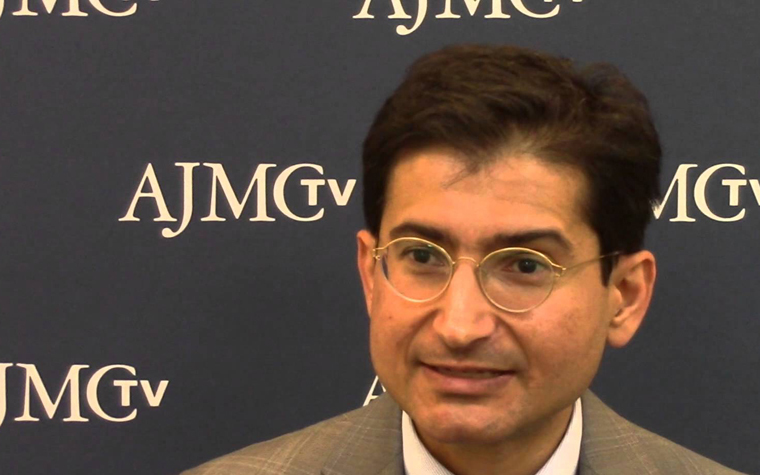
Martin Shkreli became a significant source of outrage in 2015 when his company, Turing Pharmaceuticals, acquired a treatment for HIV-related infections and set the price at 55 times its original cost.
This was the backdrop on which presumptive Democratic presidential nominee Hillary Clinton proposed government regulation of prescription drug costs.
However, Darius Lakdawalla, a professor at the Sol Price School of Public Policy of the University of Southern California, and other experts have said price controls are not the right solution to the public's visceral reaction to Shkreli.
“Price controls help people who are sick today enjoy lower spending, but they harm patients who will get sick in the future by lowering the number of new drugs that will be launched in the future,” Lakdawalla told Patient Daily.
Clinton’s plan includes mandates for companies that do not invest in research issue “refunds” to cap consumer spending on prescriptions for chronic illnesses. Additionally, patent life for innovative drugs would be reduced, allowing generic versions to be introduced sooner.
“My colleagues and I have looked at this issue and determined that the long-run costs of price controls substantially outweigh the short-term benefits,” Lakdawalla told Patient Daily. “The decrease in the number of new drugs launched would lower life expectancy around the world, by about as much as if every heart surgeon in the world suddenly forgot how to perform bypass surgery.”
The benefits would also be relatively minor, if America followed the European model of price controls. The total savings, Lakdawalla projected, would be about 25 percent in the prescription market -- just four percent of overall health care costs.
“The reduction in life expectancy substantially outweighs the less than four percent decline in health care spending,” Lakdawalla told Patient Daily.